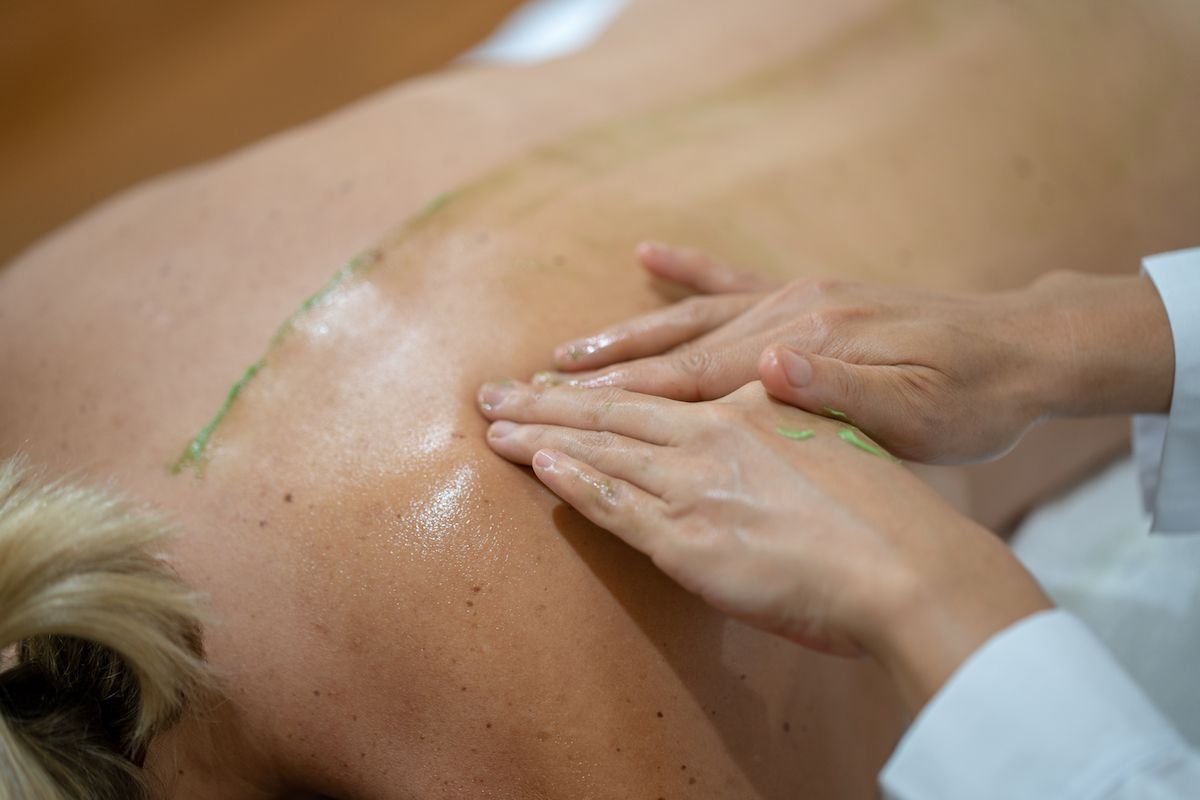This Spring, we are launching our first specialisation unit in our advanced Level 2 training of Bioelectric Meridian Massage Therapy. The first specialisation unit we’ll be offering focuses on the specifics of shoulder dysfunction. As with all of our courses this will be a hands-on program offering students practical skills in the application of Bioelectric Meridian Massage to assist in addressing areas of dysfunction related to the shoulder.
The course is an intensive two-day program covering an integrative approach to assessment and treatment of the structural relationship between the spine, shoulder girdle, meridian lines, acupuncture points and organs. If you have completed our Level 1 certification and are looking to expand your existing skills this course has been specifically designed for you.
For those who might be sitting on the fence with a few lingering questions, we’ve cleared a few things up for you below, such as:
- Why did we choose to offer a shoulder specialisation?
- Who would benefit from completing this course?
- What techniques can you expect to cover?
Why did we choose to offer a shoulder specialisation?
Shoulder pain is common. It is one of the most common presentations of clients in the clinic. Whilst it is the aging population that tends to experience the most issues with shoulder symptoms, shoulder pain does not discriminate affecting large numbers of people across the lifespan.
Long hours working in desk jobs and looking at phones and computers has contributed to the rise in neck, shoulder and back-related issues. The potential causes of shoulder pain are endless and can have noticeable impacts on other areas of a person’s life including their ability to work, finances and mental health.
Given the effects, shoulder pain can have on someone’s quality of life people very regularly seek out clinics and partitioners for relief. As a holistic modality our methods are particularly good at addressing the root causes of shoulder dysfunction and we are hoping that offering a specialisation in this area will allow practitioners to offer more clients an effective approach to relief from shoulder related dysfunction.
Who would benefit from attending this course?
Anyone who has completed our Level 1 course will benefit from completing this specialisation. The course elaborates on the fundamentals gained in Level 1, diving further into diagnosis methods using Chinese Medicine 5 Element Theory and specifically exploring the six upper extremity meridian lines.
The course is particularly ideal for anyone working in the musculoskeletal realm given its focus on the inner functioning and interconnections of the shoulder. It is expected that participants have a basic knowledge of human anatomy. Anyone looking to expand their existing skills and further their knowledge of Bioelectric Meridian Massage will benefit from this unit.
What techniques can you expect to cover?
This course will focus on an integrative approach to both assessment and treatment. It will integrate methods and techniques from western medicine, Traditional Chinese Medicine (TCM) and modern bioelectric energy protocols. The foundations of TCM will be explored particularly in relation to the effects of Qi flow through the body and how this can create tension in various systems.
Typical pain patterns of dysfunction will also be examined in terms of how they relate to nerves, muscle and fascia. Specific Bioelectric Meridian Massage techniques will be covered for addressing areas of dysfunction.
Upon completion of the two days participants will have comprehensive methods for assessing and determining appropriate manipulation techniques to improve recovery of shoulder dysfunction with Bioelectric Meridian Massage.
Shoulder Dysfunction course details
We’d love you to join us in Noosa on Saturday & Sunday 5-6th October.
For more information and to access the full course outline, visit the Specialisation Unit web page. Be sure to sign up to the course now as spaces are limited. We look forward to seeing you in Noosa, in October.


